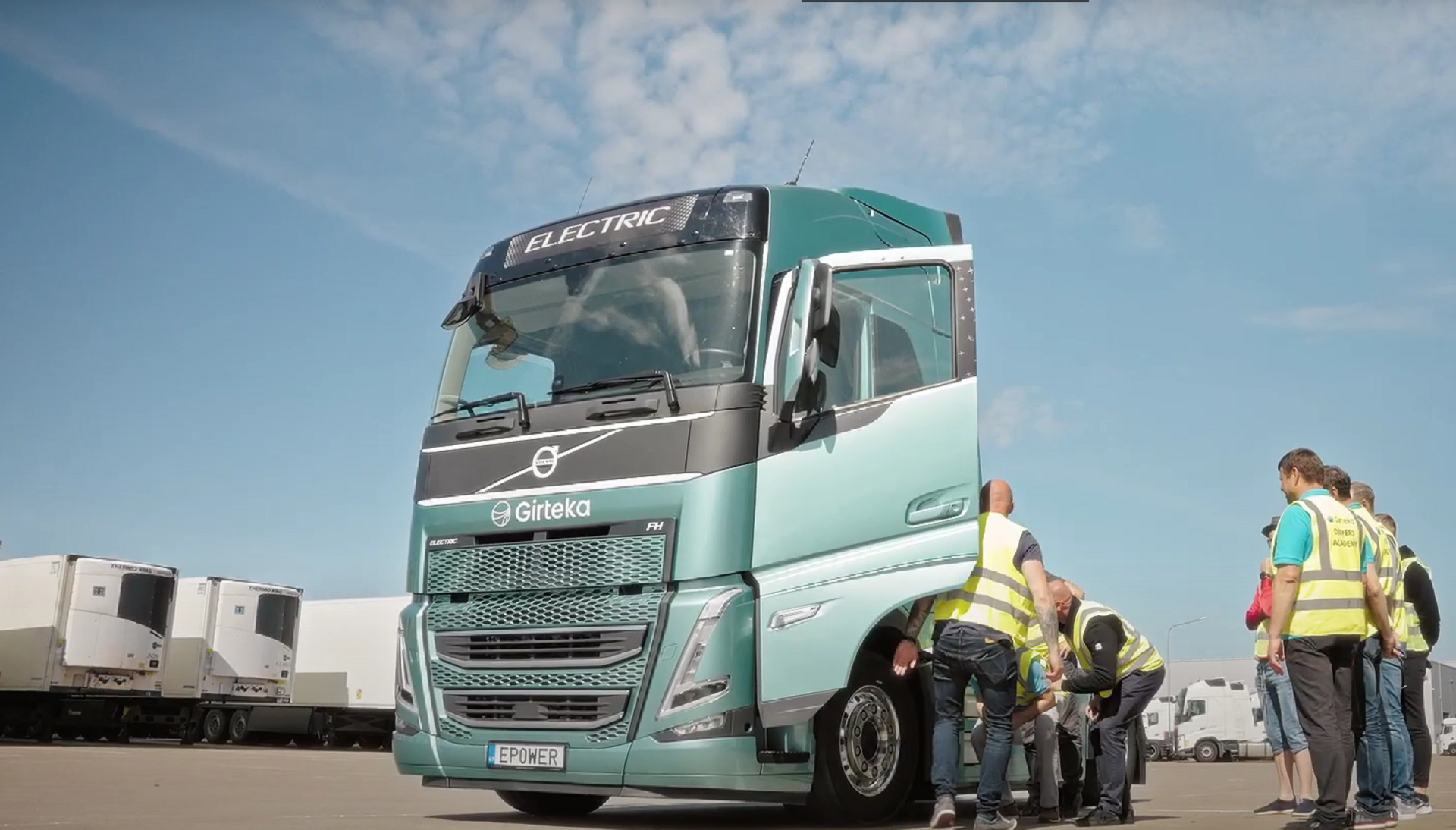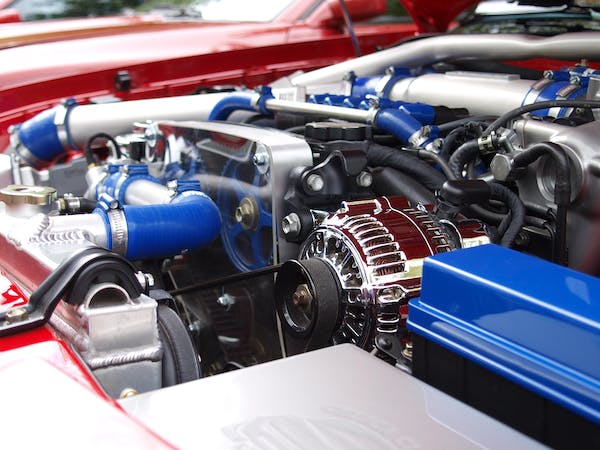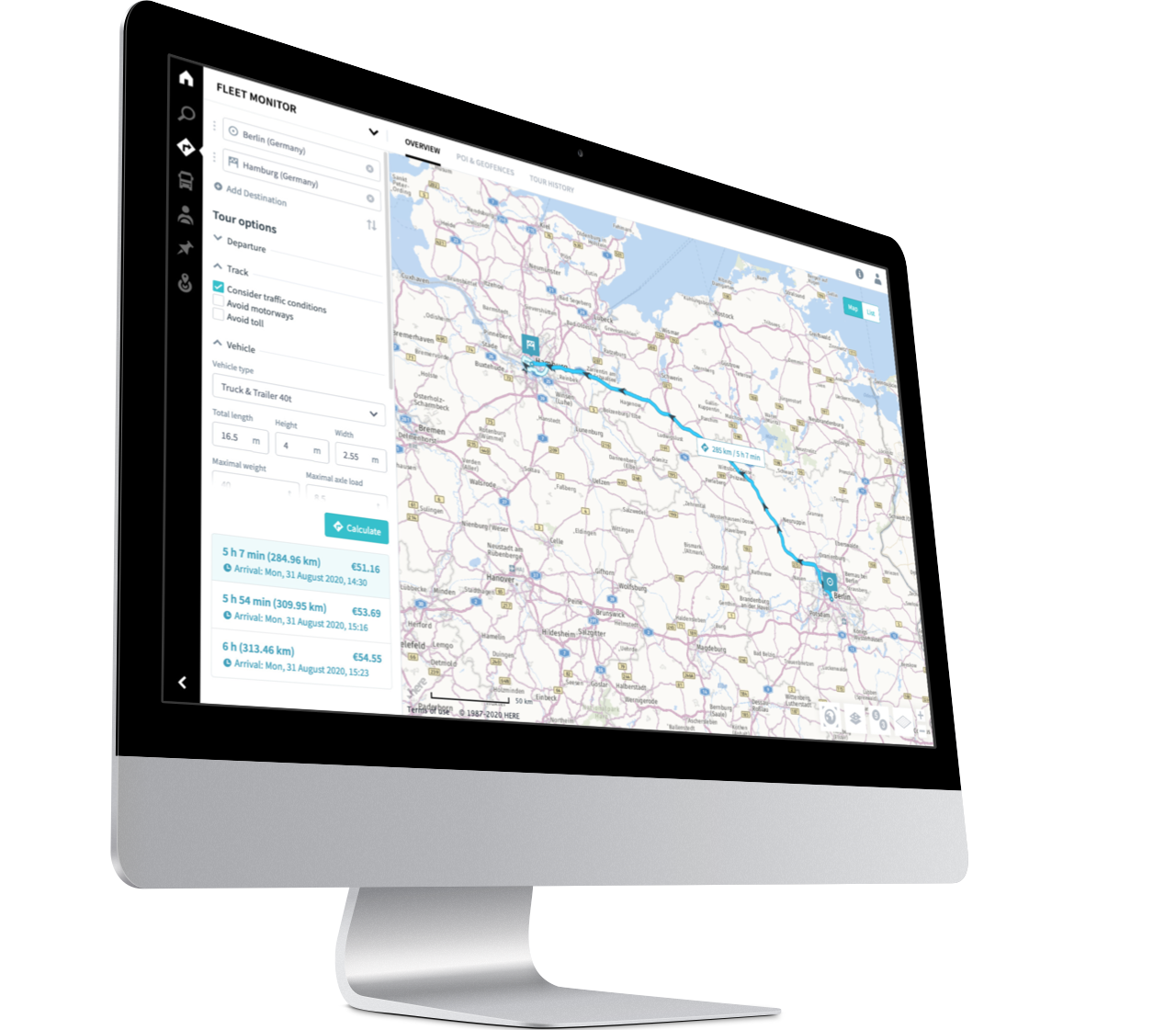Girteka has signed a major deal with Volvo Trucks to purchase 2,000 brand-new heavy-duty vehicles, marking Europe’s largest single truck order this year.
The purchase is part of the company’s ambition to keep its fleet modern, efficient, and ready to meet customer needs. The 2,000 trucks, delivered throughout 2025, will help Girteka renew its fleet – making it more reliable, flexible, and better equipped to serve future growing expectations. With newer trucks and better tools, Girteka is in a stronger position to meet time-critical needs – especially in sensitive cargo transport like temperature-controlled goods.
“Every delivery matters to our customers and us. It means every truck needs to perform. This renewal gives us the efficiency and reliability we need to keep our promises today and tomorrow, staying ahead in the market,” says Edvardas Liachovičius, CEO of Girteka Group.
In Q1 2025, new EU truck registrations dropped, with heavy trucks down 16.6%. Germany, France, Spain, and Italy all reported double-digit declines. This investment reflects Girteka’s continued focus on providing customers with stable, flexible road transports – backed by a reliable and modern fleet. The deal will come in a bundle of financing by Volvo Financial Services and with Volvo Blue service contracts tailored to keep trucks in peak condition for daily transport operations.
Improving safety, efficiency and drivers’ comfort
For professional drivers, the truck isn’t just a vehicle – it’s a workplace. That’s why the new Volvo FH and FH Aero models, purchased by Girteka, are designed with both performance and everyday comfort in mind.
These trucks include practical features like electric parking coolers for better drivers’ rest. Thanks to extended aerodynamic cab design, Volvo FH Aero is up to 5% more fuel efficient. Additionally, Volvo Trucks’ new Camera Monitor System contributes to road safety through an enhanced direct vision for the driver, while also reducing the risk of accidents and therefore delays. Each truck is connected to Girteka’s digital systems, allowing for better maintenance planning and quicker responses when something needs attention. It’s all part of creating a more stable, predictable experience on the road – so drivers can focus on doing their job well, with equipment they can rely on.

“These trucks represent the latest in performance, fuel efficiency and safety. We are excited to see them support one of Europe’s largest transport companies,” says Roger Alm, President Volvo Trucks.
Delivering better service for key sectors
Girteka runs one of the largest asset-based logistics networks in Europe, and this fleet renewal will help the company maintain and scale its service in key sectors, including food & beverage, FMCG / retail and high-value goods.
“Our customers rely on us to deliver on time, across borders, and in perfect condition,” added Liachovičius. “With this investment, we’re reinforcing that promise with the most modern and efficient fleet.”
similar news












